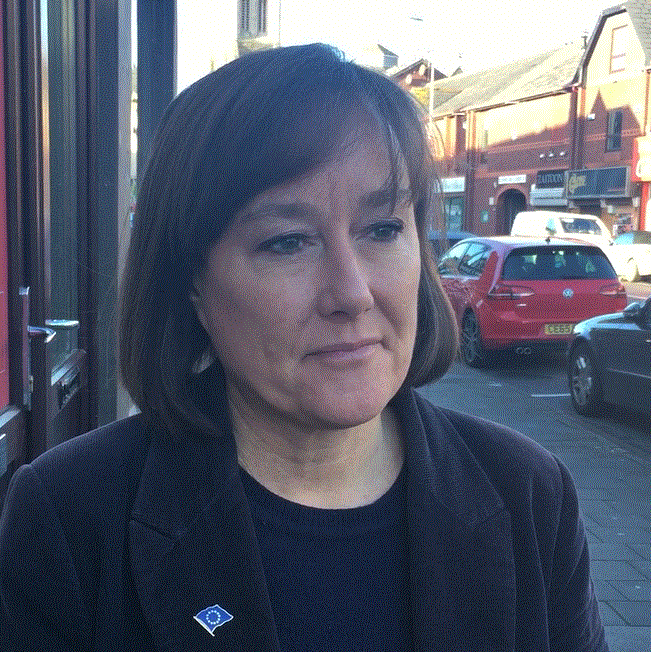In November 2017, Jo Stevens - Labour MP for Cardiff Central - visited the Rohingya refugee camp in Kutupalong, Bangladesh, as part of a fact-finding visit with the UNHCR and a small number of MPs. She spoke to United Purpose about what she witnessed there - and explained why this refugee crisis on the other side of the world is something we should all care about.
UP: Why was it important for you, an MP representing Cardiff Central, to visit the Rohingya refugee camps on the other side of the world?
JS: There is a large British Bangladeshi diaspora living in Cardiff Central – thousands of people who have links to Bangladesh. I had always wanted to visit the country but the point when this refugee crisis happened – the scale, size and speed of it – made that even more important. I wanted to go out there and understand the situation so I could come back and talk to constituents here who are deeply, deeply concerned about what’s going on.
Can you describe what you saw in the camps when you visited?
I’ve never seen anything like it and I hope I never see anything like it again. I stood on the top of the hill, and as far as the eye could see – right up to the horizon – was a mass of people. Tarpaulin shelters, small bits of plastic that people had erected to keep them safe from what was going on. It was literally hundreds of thousands of people. I only saw a small part of the camp but it was just a mass of humanity.
There was no sanitation, no healthcare, very little food – but what really struck me were the numbers of children there. And if you look at the number of children compared to the number of adults, there are obviously large numbers of unaccompanied children who have become separated from their families.
Were there any stories that particularly affected you?
I met people who been the subject of sexual violence, I met people who had been tortured and injured. I met a man who was paralysed from the waist down after being beaten and badly injured by the Burmese military – he’d been carried across the border.
I think the one thing that really struck me was that I met a young woman who’d given birth just five days before I arrived at the camp. She took me into this little tent with a dirty piece of plastic on the floor, and there was a baby wrapped up in dirty rags. It was pitiful. I looked at that little girl and I thought, ‘what hope has that child got?’
But later on that day, when I thought about it and after listening to the stories her mum had told me, that child was lucky because she was born on the Bangladeshi side of the border. If she’d been born on the Burmese side, she would have been murdered because the Burmese military were taking babies away from their mothers and throwing them onto bonfires. So she’s now got a small bit of hope, a small bit of opportunity.
For people who might feel quite distant and far removed from this crisis on the other side of the world, what would you say to them to make them care about it?
This is about the persecution and the ethnic cleansing and atrocities against a minority population in a country where we have had deep concerns about human rights abuses for many decades. If the Burmese military are allowed to get away with what they’ve done in Burma, it sets a precedent for the future. And it means that any government in any country can physically wipe out a minority population. That could be the Rohingya in Burma but it could be much closer to home, and it could be people that we know and members of our family one day. So it might be on the other side of the world, but it is deeply connected to here and our values of treating people properly and fairly.
What actions would you urge people to take to support the Rohingya refugees?
Well, anyone who can help with the humanitarian efforts, fundraising – there’s tremendous fundraising efforts going on in Cardiff. The Bangladesh community have raised over £30,000 so far. Money is desperately needed, so [it would be great] if people can donate however much they can.




